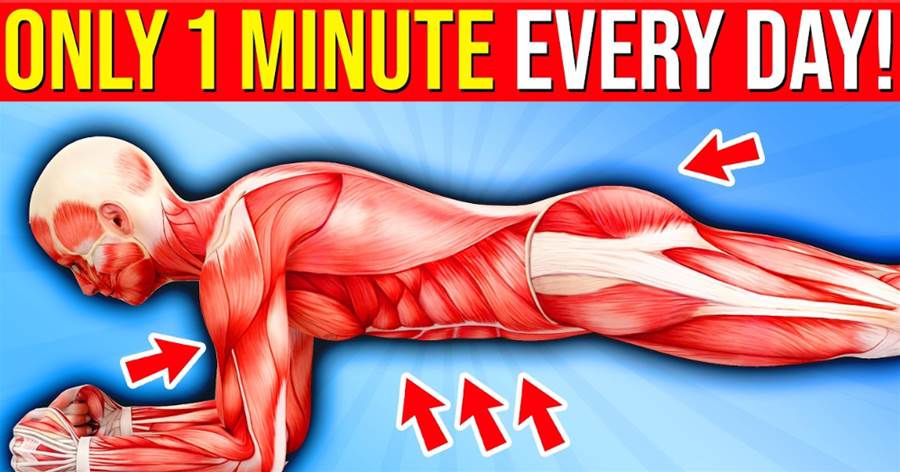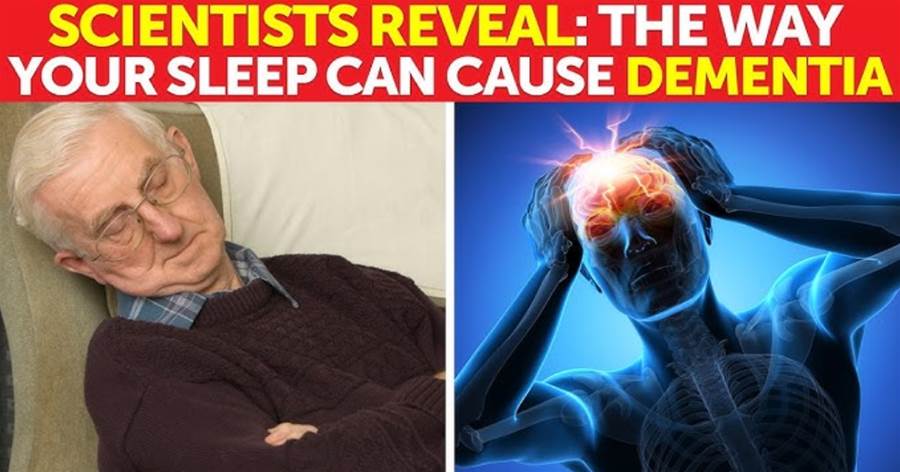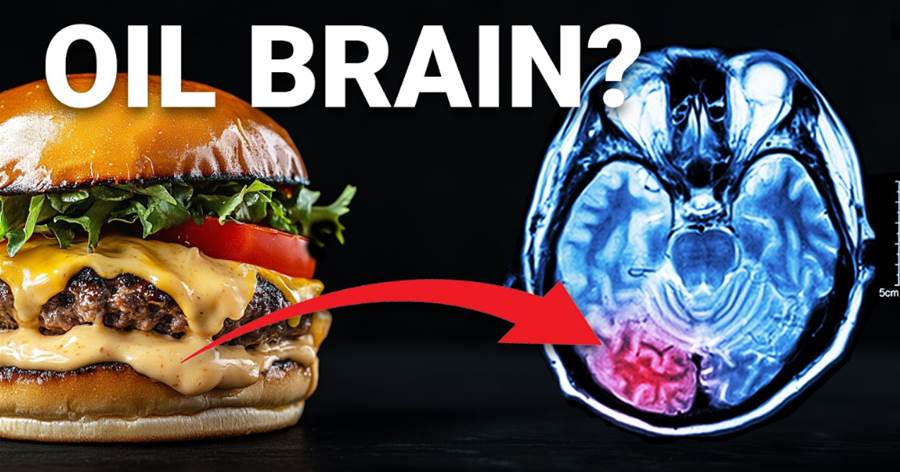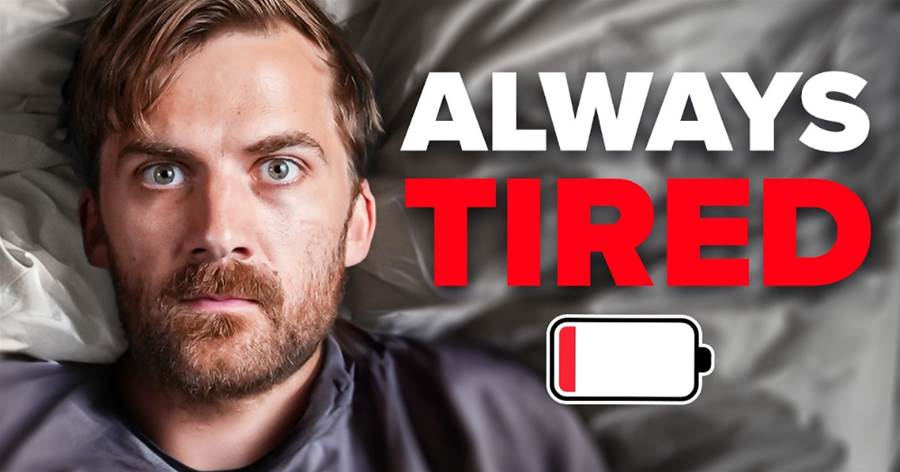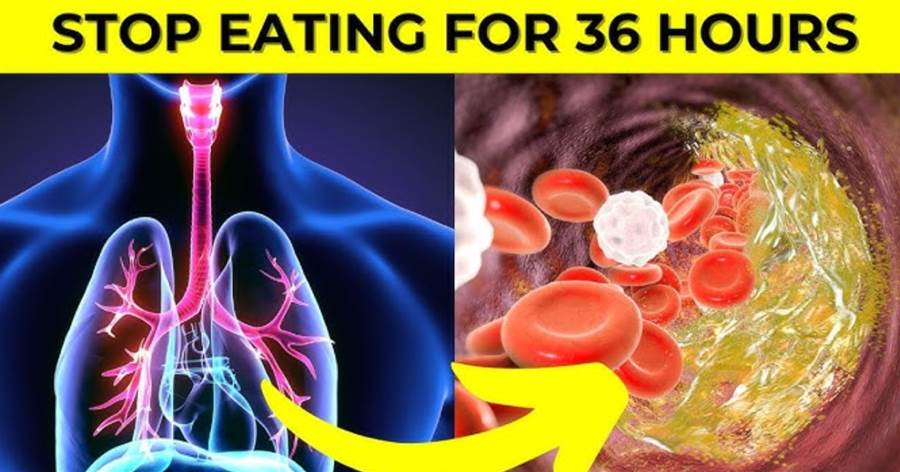
Ever wondered what might unfold if you skip meals for a full 36 hours? The idea of going that long without eating sounds like a plot twist in a survival drama, but it’s more common than you might think. This type of extended fasting has gained attention, and it’s not just for thrill-seekers—there’s a surprising science behind it.
To understand the magic (or madness) of a 36-hour fast, we need to look at how our body shifts gears when it doesn’t get its usual fuel. Normally, after a meal, your body relies on glucose from carbohydrates for energy. Within the first 12 hours of fasting, you burn through these reserves, using up stored glycogen.
The article is not finished. Click on the next page to continue.
